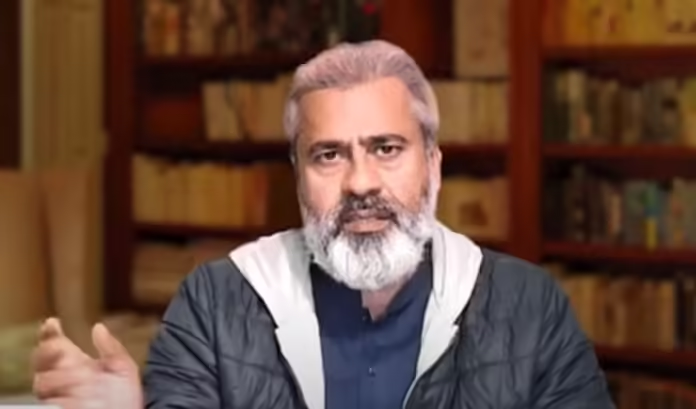Pakistan NCCIA links journalist Imran Riaz Khan to a digital campaign against Judge Humayun Dilawar
In a dramatic turn of events, political commentator and journalist Imran Riaz Khan is in the eye of the hurricane after the National Cyber Crime Investigation Agency (NCCIA) linked him to an online campaign against Judge Humayun Dilawar. After a preliminary inquiry, the NCCIA petitioned the court for a warrant, which was granted by Judicial Magistrate Abbas Shah.
This case has sparked heated debate throughout Pakistan, highlighting the thin line between digital freedom of expression and the legal limits of online activism.
The Background: A Clash Between Judiciary and Digital Voices
Imran Riaz Khan, a well-known figure in Pakistan’s media and political analysis circles, has consistently expressed himself on matters of governance and judicial accountability. Present allegations implicate him in a coordinated online campaign that is said to target Judge Humayun Dilawar.
For the government, this matter transcends personal criticism—it is being set up as an issue of judicial integrity and national stability. But for the supporters of Khan, it is a concern about shrinking space for dissent and whether the digital platforms are being tightly watched to muzzle critical voices.
NCCIA’s Role: Investigating the Digital Battlefield
The NCCIA has become a centerpiece of controlling Pakistan’s cyberspace, handling instances of online bullying, disinformation, and e-crime. In taking action against Imran Riaz Khan, the agency sends the message that digital activism, when seen as directed campaigns against state entities, will not be tolerated.
The initial reports were deemed enough to warrant judicial action, with the issuance of the warrant—something that has already upset political and legal circles.
Legal Consequences and Broader Implications
The case spotlights the increasingly legal consequences of online conduct in Pakistan. Harmless online posts or activism previously are now riskier and could include court warrants, arrests, and long investigations.
For social media influencers, journalists, and digital activists, the event is a wake-up call. The state seems bent on delineating a strict boundary between freedom of speech and targeted campaigns, especially when judges are involved.
Public Sentiment: Divided Opinions
While on the one hand critics are concerned that such development amounts to a tightening grip on free speech and may stifle proper accountability efforts through fear of legal consequences, on the other hand supporters of the judicial ruling emphasize that unbridled online campaigns undermine public confidence in legal institutions and can promote instability and disinformation.
For Imran Riaz Khan’s fans, it is viewed as yet another instance of the **state versus independent voices**. Others see it as a step necessary to discipline a digital ecosystem that frequently fails to draw a line between a critical remark and defamation.
The Future of Digital Expression in Pakistan
The trial of Imran Riaz Khan could be a watershed in Pakistan’s experiment with digital governance. If aggressively pursued, it could establish precedents for the limits of citizens’ dissent online.
The result will not just define Khan’s individual path but will also be a litmus test of Pakistan’s efforts to strike a balance between free speech and judicial deference.
A Nation at a Crossroads
The Imran Riaz Khan saga distills the larger conflict in Pakistan—he war between accountability, activism, and authority in the digital age. As the case unravels, it will decide whether Pakistan tilts towards more scrutiny of online voices or strikes a middle ground that maintains both judicial respect and citizens’ right to expression.
One thing is for sure: the digital landscape in Pakistan will never remain the same again.
Follow Pakistan Updates for more news and updates.




